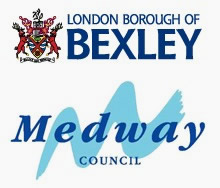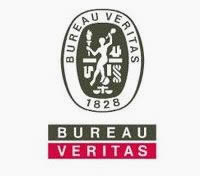Alcohol and Diabetes
05/02/2010
Alcohol can contribute to causing diabetes and also exacerbate existing symptoms. Alcohol reduxes the body’s sensitivity to insulin, which can cause Type 2 diabetes.
Pancreatitis also causes diabetes and itself is regularly caused by alcoholism. Estimates suggest that one in three people who have pancratitis then develop Type 2 diabetes.
Alcohol is highly calorific and heavy drinkers may gain weight. Being overweight and having a large waist increase the risks of Type 2 diabetes.
Despite the negative links between alcohol and diabetes, research suggests that moderate drinking can in fact reduce the risks of getting Type 2 diabetes.
Diabetes signs include raging thirst, needing the toilet more regularly, intense fatigue, weight loss, muscle loss and regularly getting thrush.
Those with diabetes can lead regular lives with adequate adjustments to manage their condition. A healthy diet is important and blood sugar must be controlled. Not all, but some, diabetics must inject insulin daily.
It does not necessarily follow that diabetics can’t drink alcohol. Many can drink in moderation but a medical professional must be consulted about this because it is not safe for some diabetics to drink. Diabetics who can drink should stay well within the unit limits recommended by the Department of Health – these are 14 units per week for women and 21 units per week for men. These should be drunk over the course of the week, not all at once. Women are advised not to drink more than two-three units per day whilst men should not drink more than four units.
Those with diabetes should avoid sweet drinks which contain a lot of sugar. Dry drinks are better for diabetics.
Alcohol does lower the blood sugar, so diabetics should be mindful to eat properly when they are drinking and to eat the right types of food to balance blood sugar and avoid hypoglycaemia. They should also make companions aware of their condition because the symptoms can appear similar to being intoxicated.

























